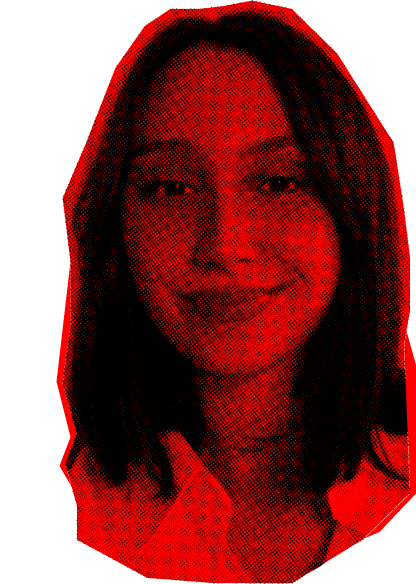%
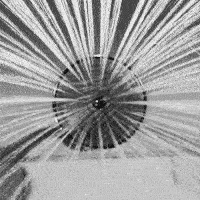
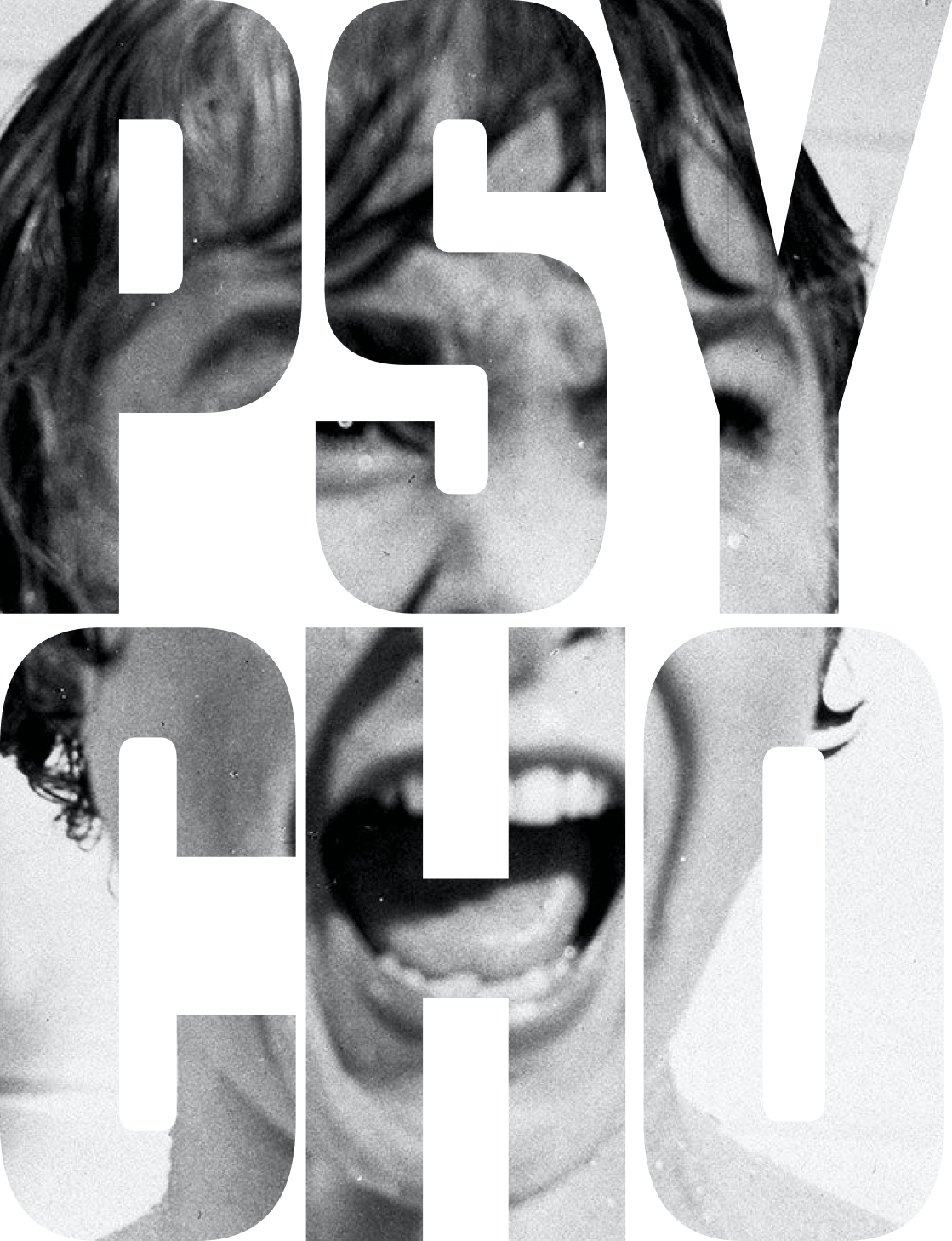
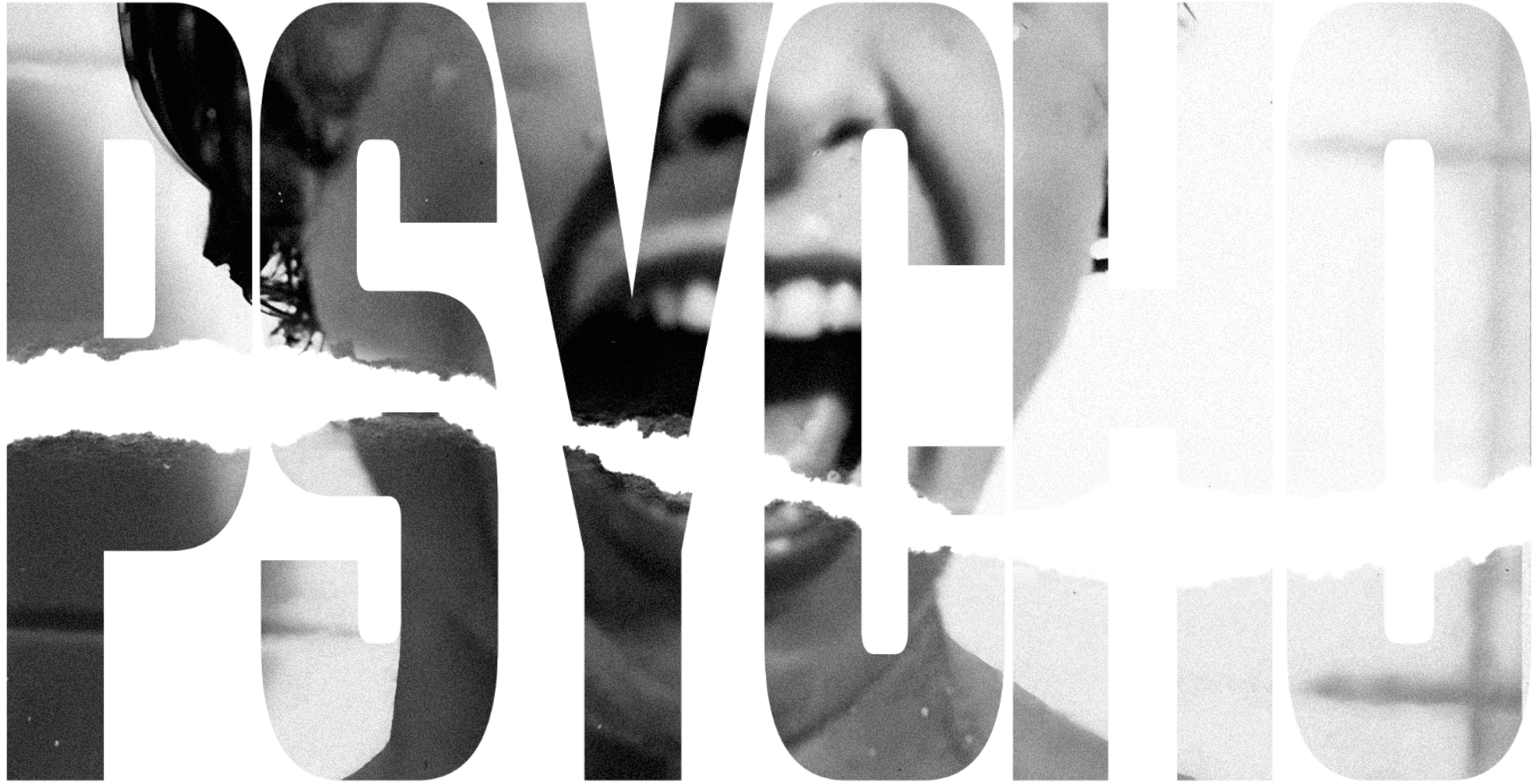
Film by Alfred Hitchcock
The most influential horror in the history of CINEMA
that still gives you creeps
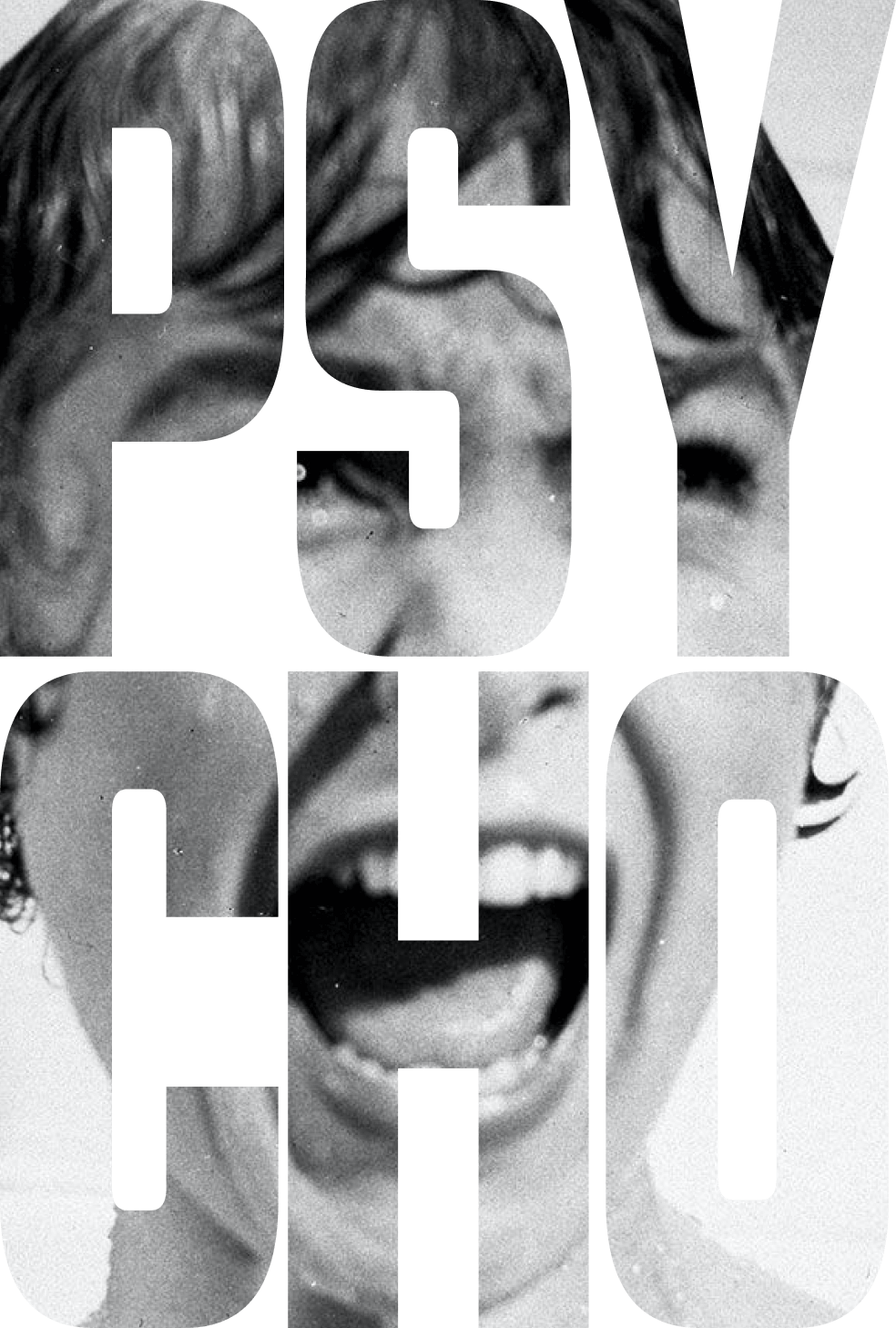
PSYCHO (1960)
1960
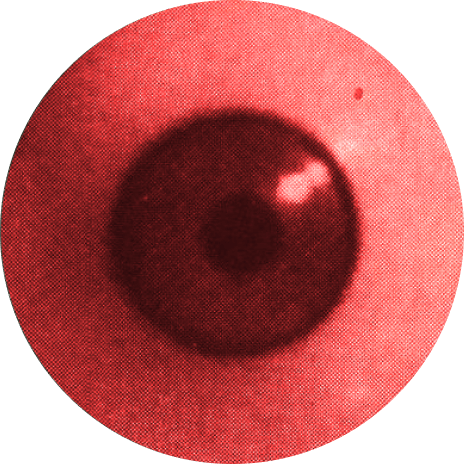






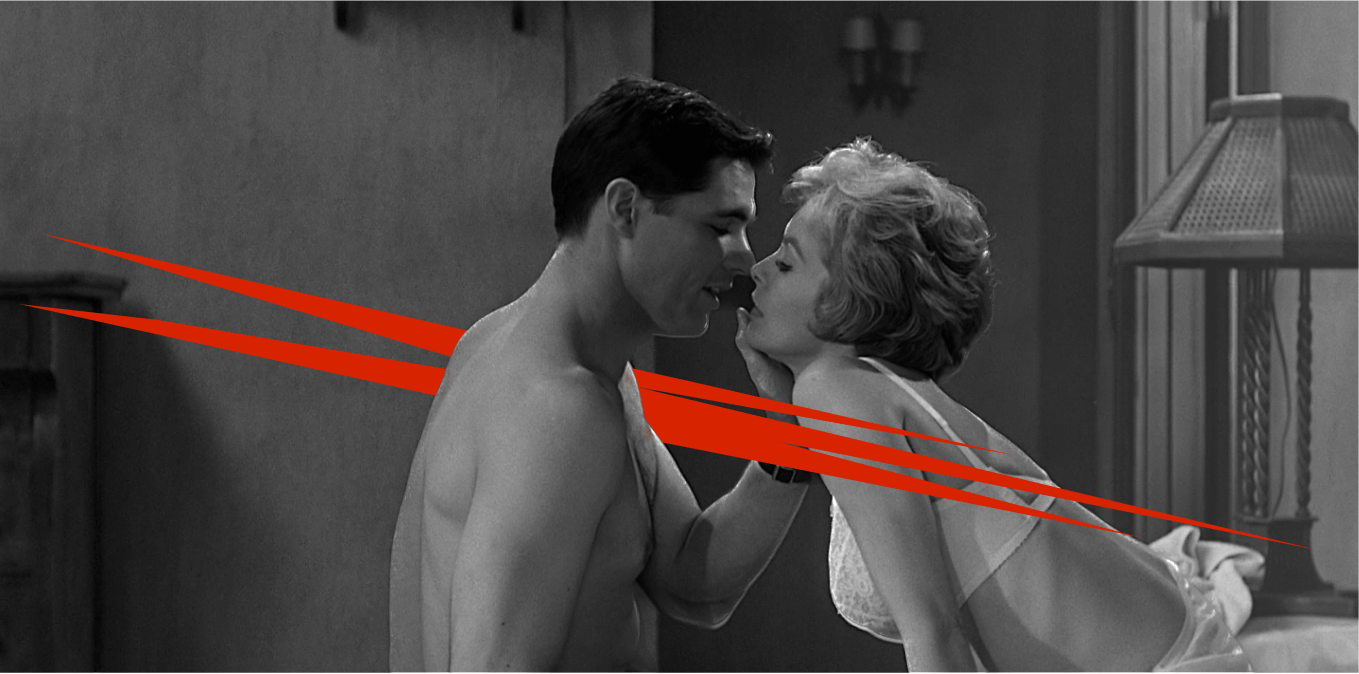
REAL-LIFE HORROR
Psycho rethought the horror genre, abandoning the traditional narratives about monsters and introducing psychological suspense and horror. It marked the beginning of the slasher genre by focusing on psychological motives, and not relying on supernatural elements.

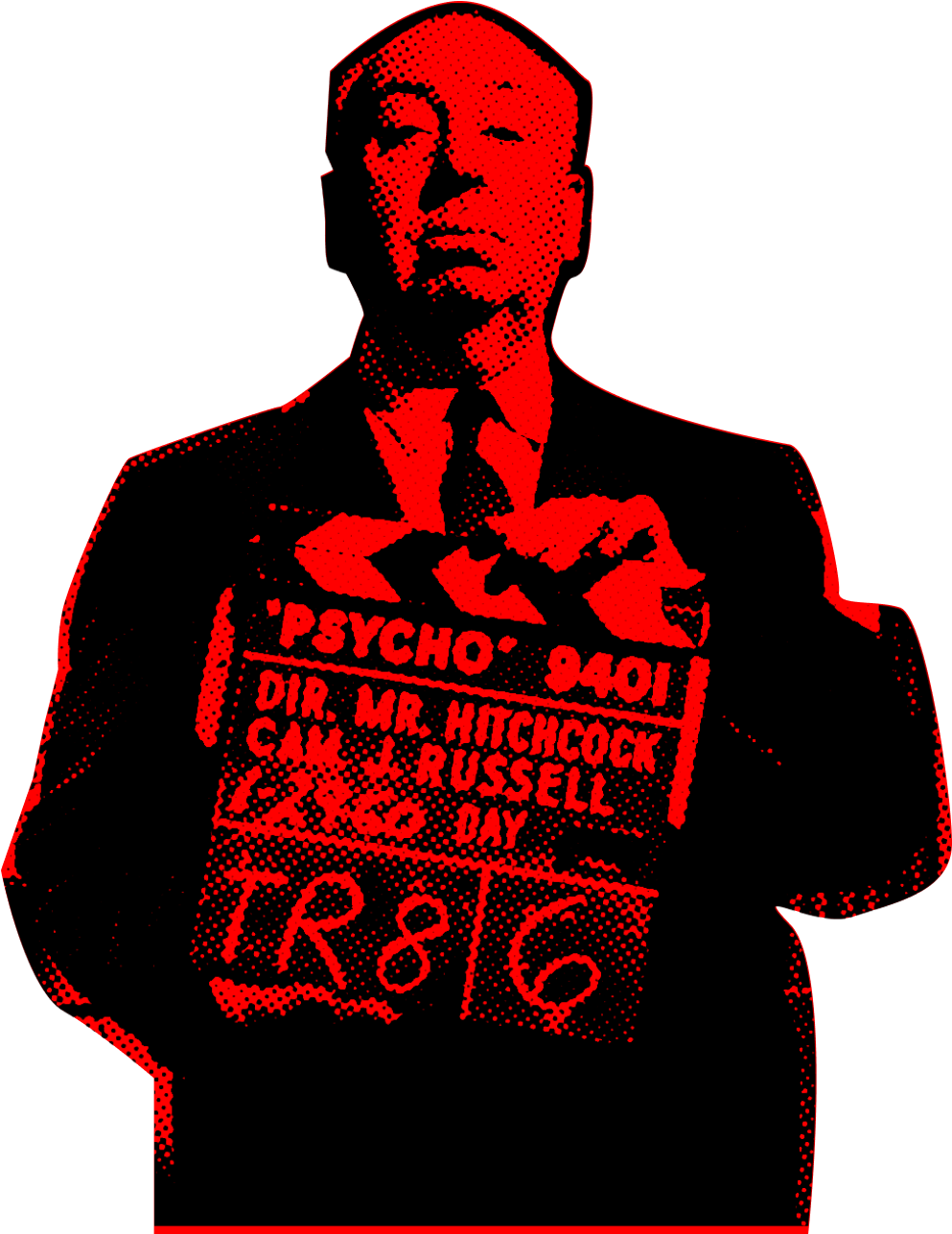
From now on, the source of horror is not supernatural evil but people themselves and their subconscious
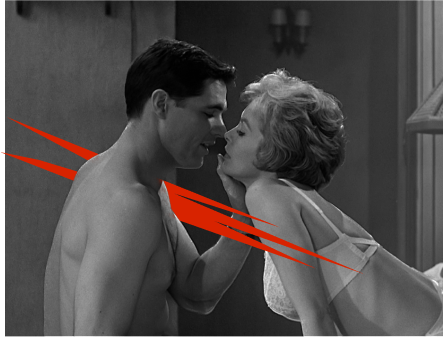



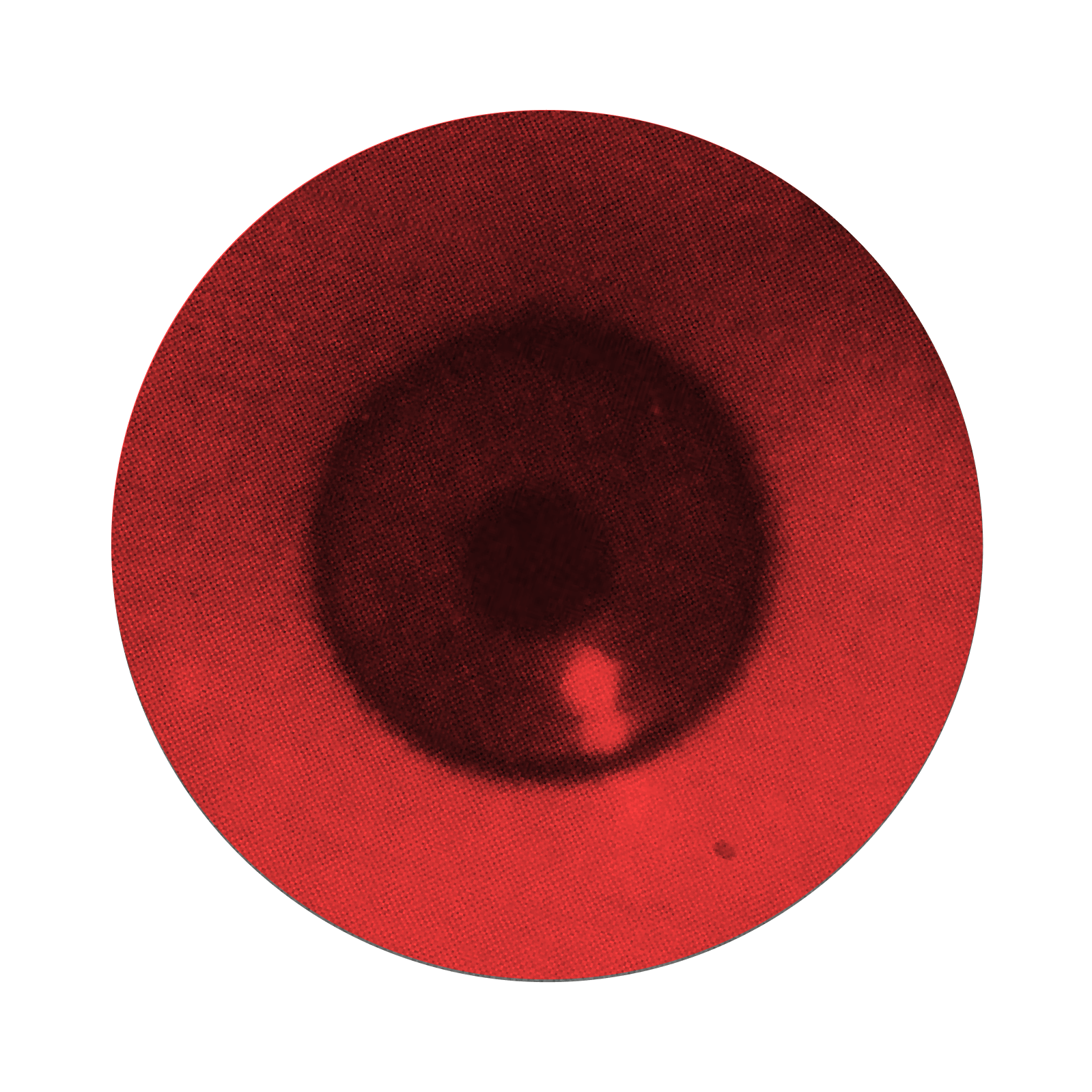

PLOT TWIST
PLOT TWIST
PLOT TWIST
PLOT TWIST
PLOT TWIST


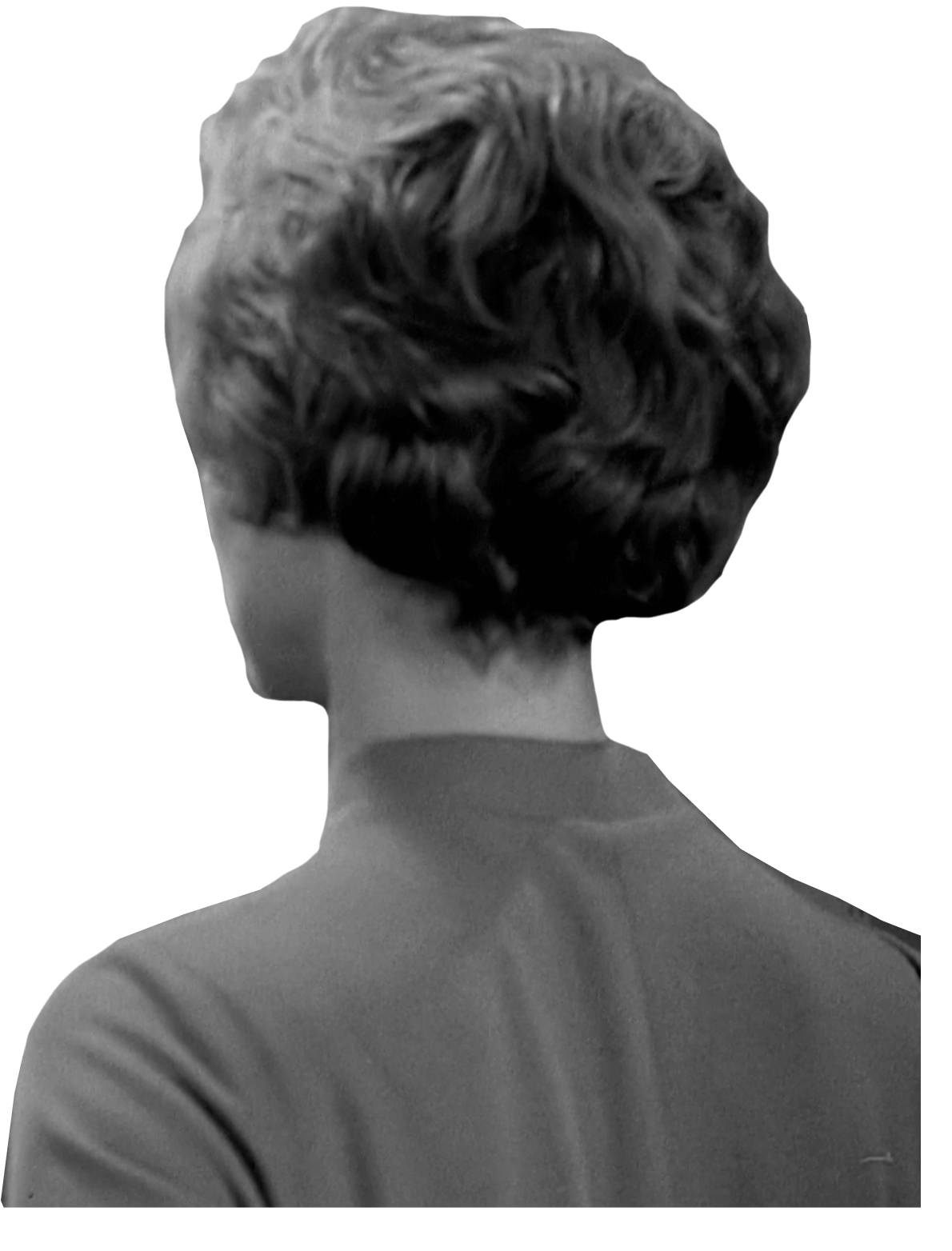
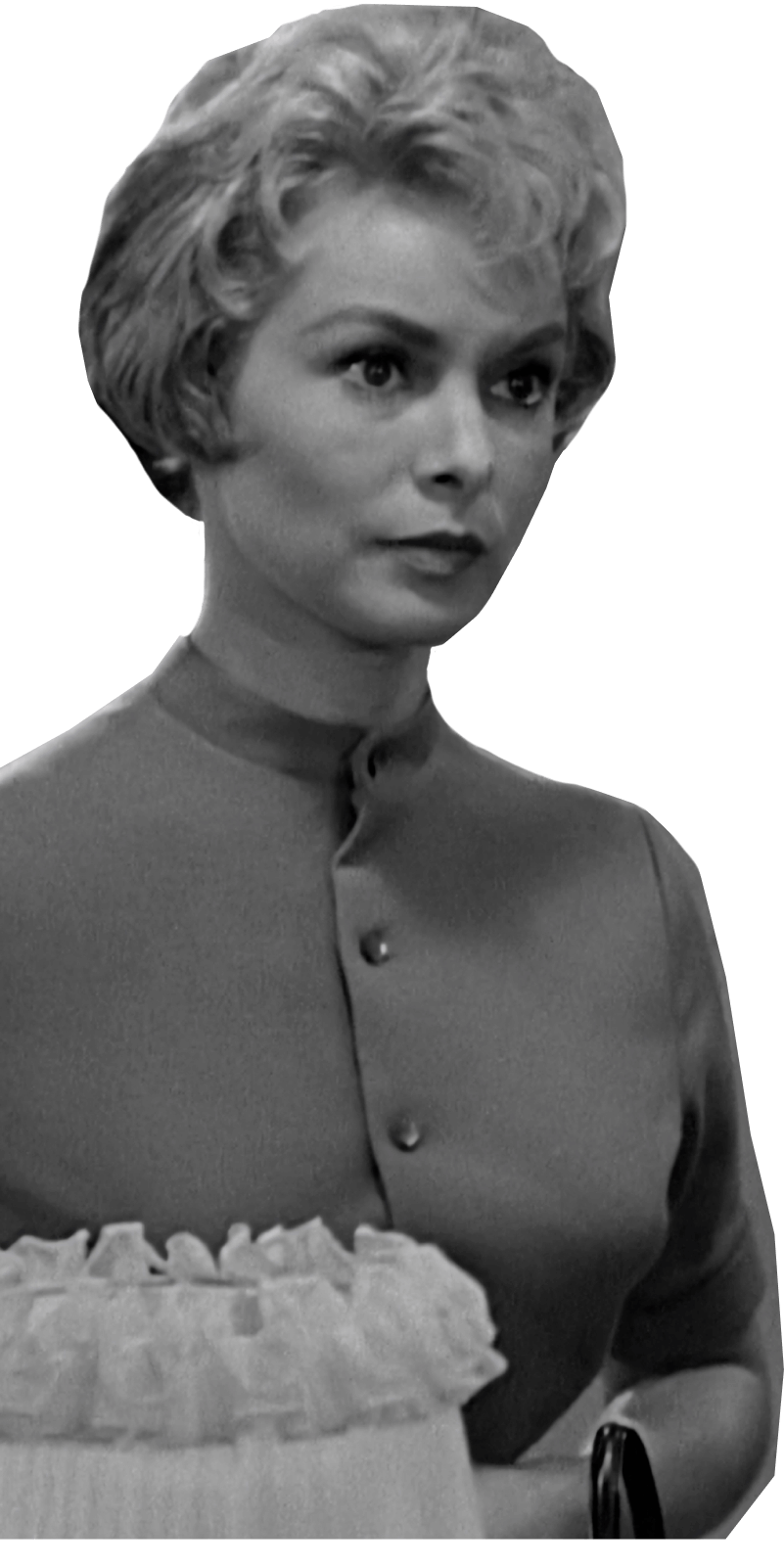


This subversion of narrative conventions created a sense of awkwardness and unpredictability, contradicting traditional storytelling methods and having a lasting impact on cinema technology.
The film shocked the audience with its unexpected plot twists and unconventional narrative structure. Hitchcock defied the expectations of the audience by killing the main character in the middle of the film.
EXPECTATIONS MANAGEMENT
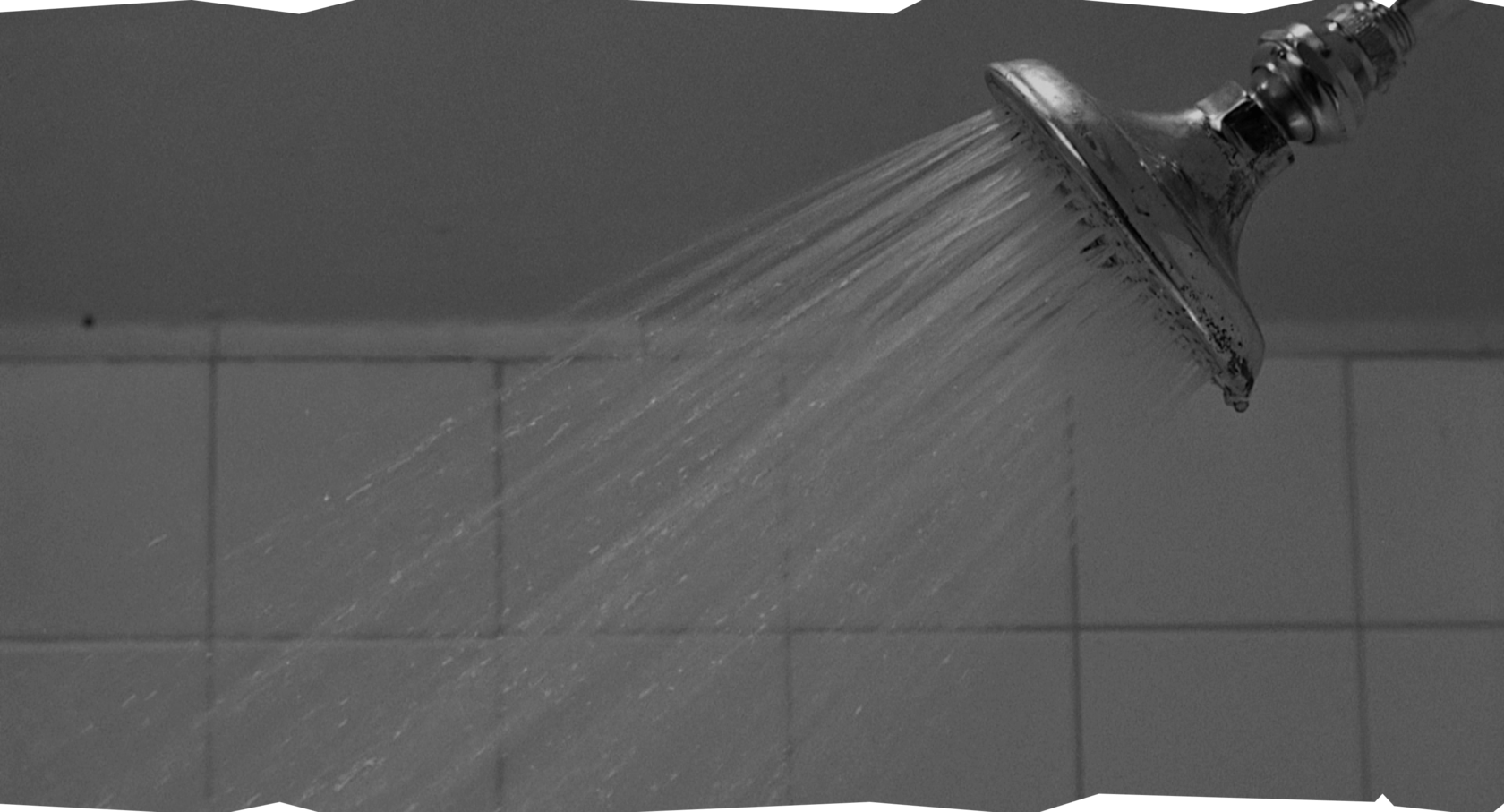
attractionS montage
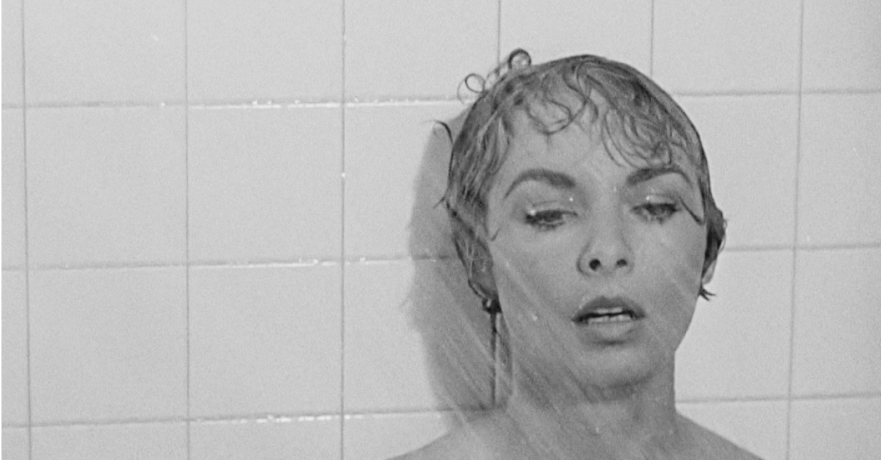

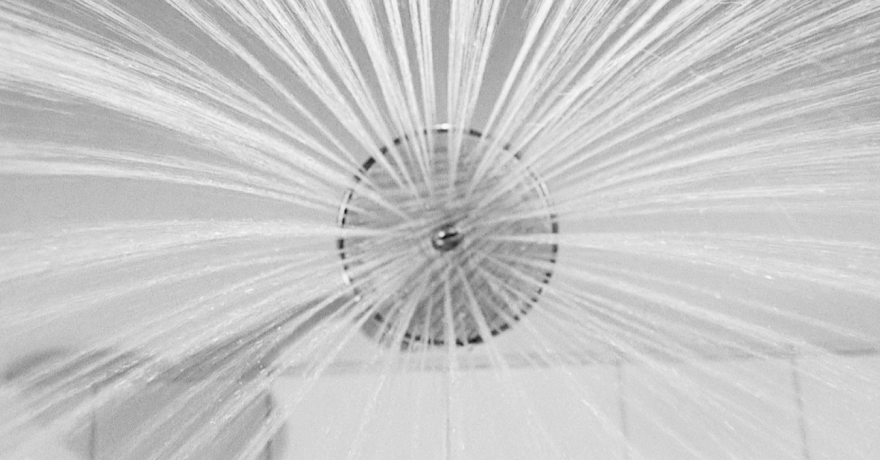
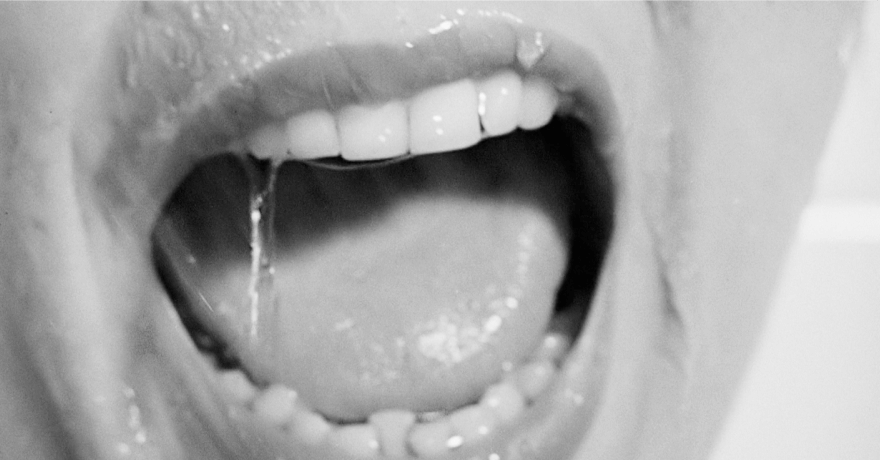
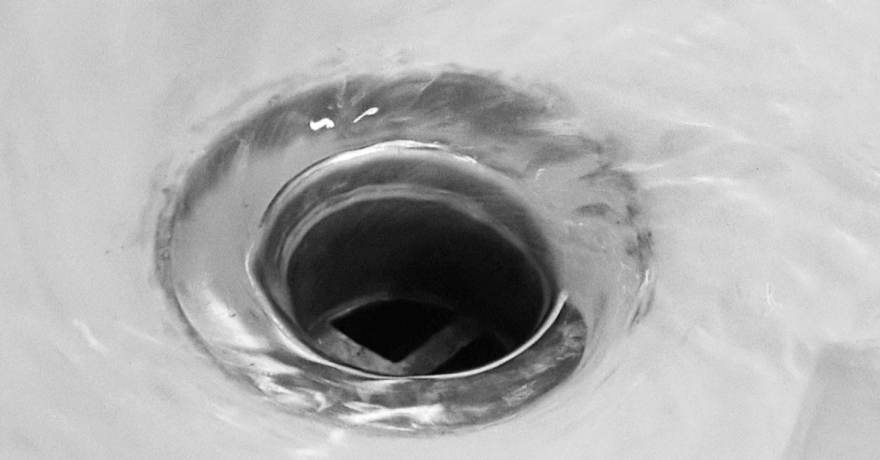

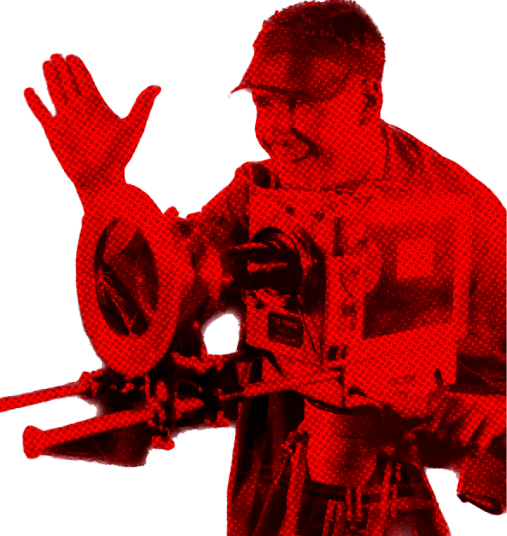
90
45
editing splices
in 45 seconds
the most quoted scene in the history of cinema
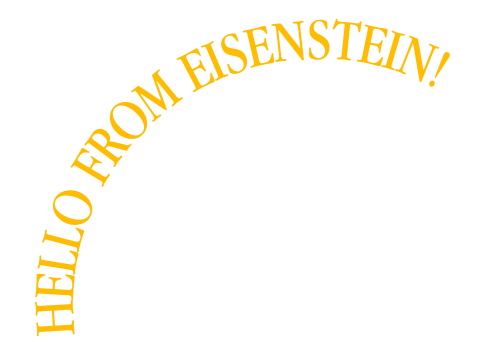
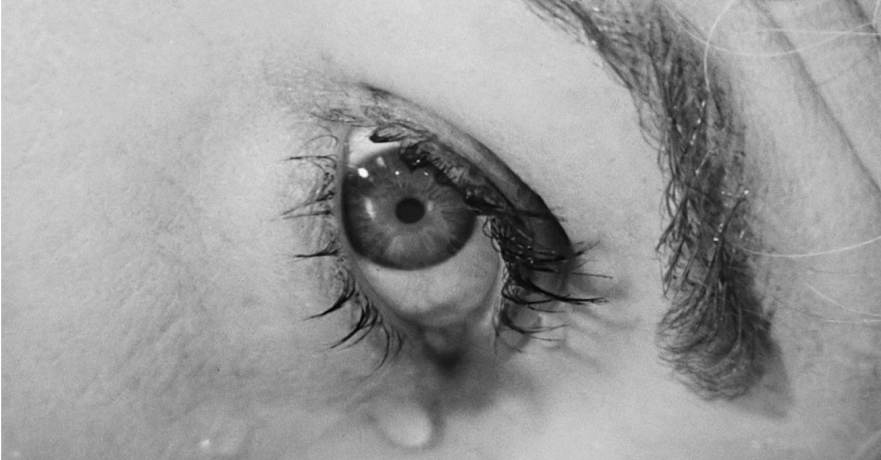
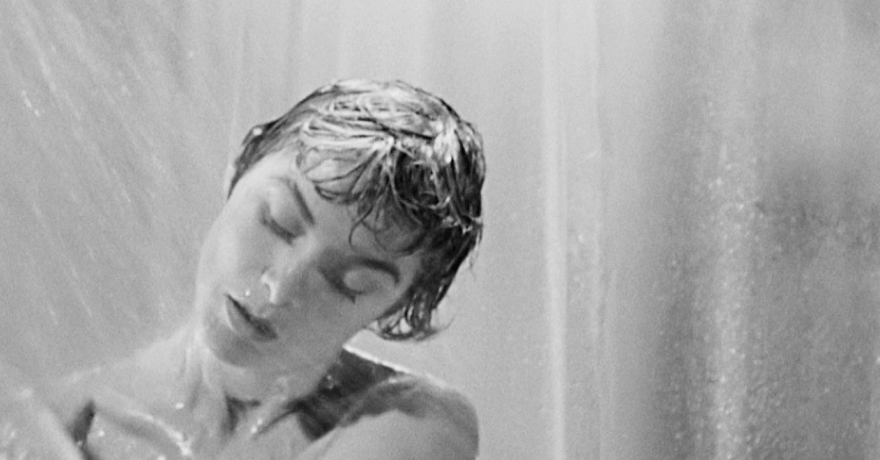


*






*Sergei Eisenstein is a Soviet film director who introduced dynamic editing into the film language with the aim of emotional impact on the viewer. Eisenstein called this technique "attractions montage".
The legendary shower scene was distinguished by fast editing of close-ups and extra close-ups, unconventional shooting angles and a screeching score that creates a sense of tension and horror.
Hitchcock’s masterful use of suspense, visual storytelling, and meticulous attention to detail had a significant impact on subsequent filmmakers and influenced how suspense and horror were portrayed on screen.
Hitchcock’s masterful use of suspense, visual storytelling, and meticulous attention to detail had a significant impact on subsequent filmmakers and influenced how suspense and horror were portrayed on screen.

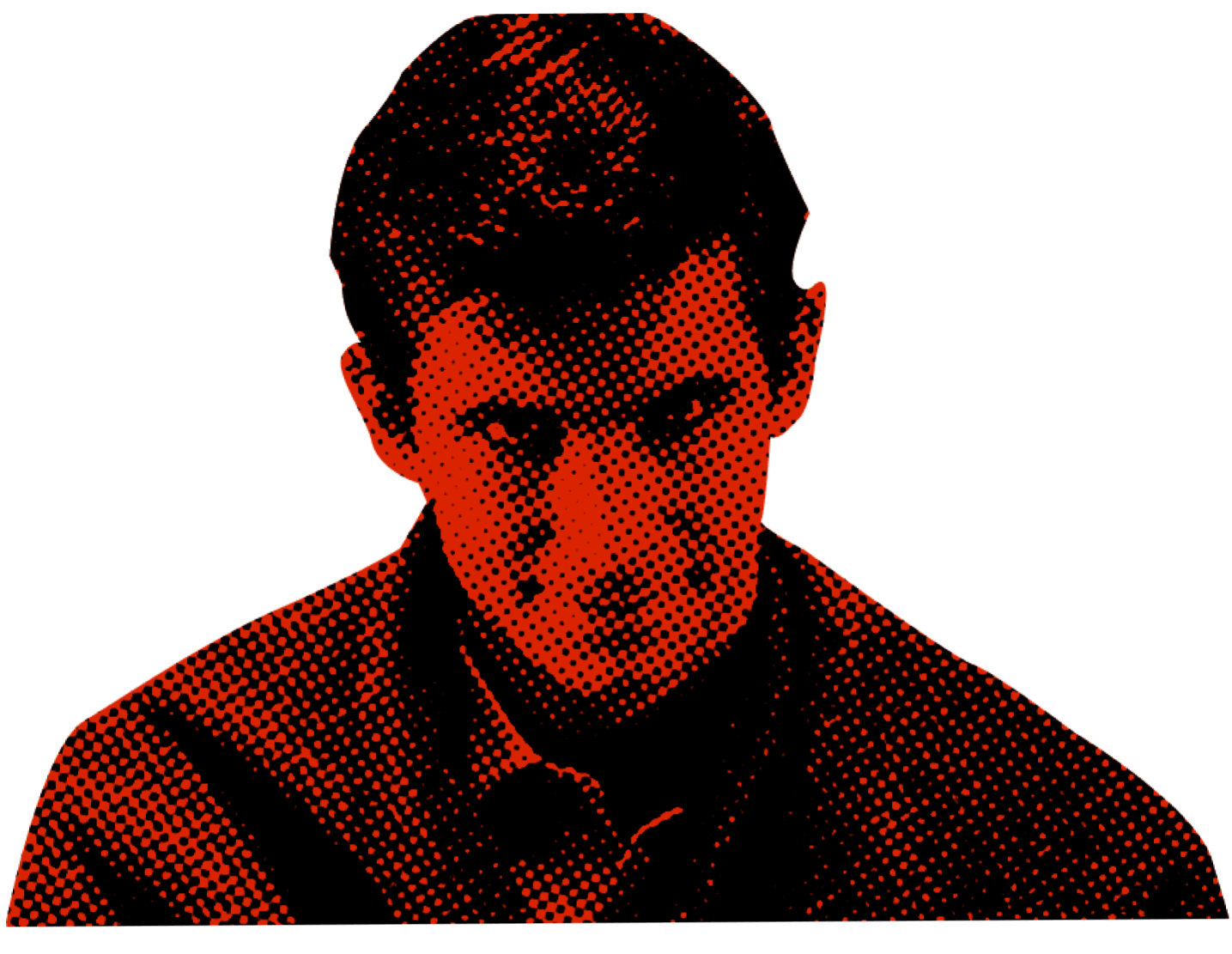

subconscious FLOORS
Psycho delves into psychological topics, exploring the dark and subconscious aspects of the human mind. The film touches on such Freudian concepts as the Oedipus complex, repression and split personality.
Its study of mental illness and the blurred line between sanity and insanity resonated with viewers and brought psychological depth to mainstream cinema.

супер-эГО
эго
бессознательное
этаж 2
этаж 1
подвал

the personality of the Character fighting with his mother
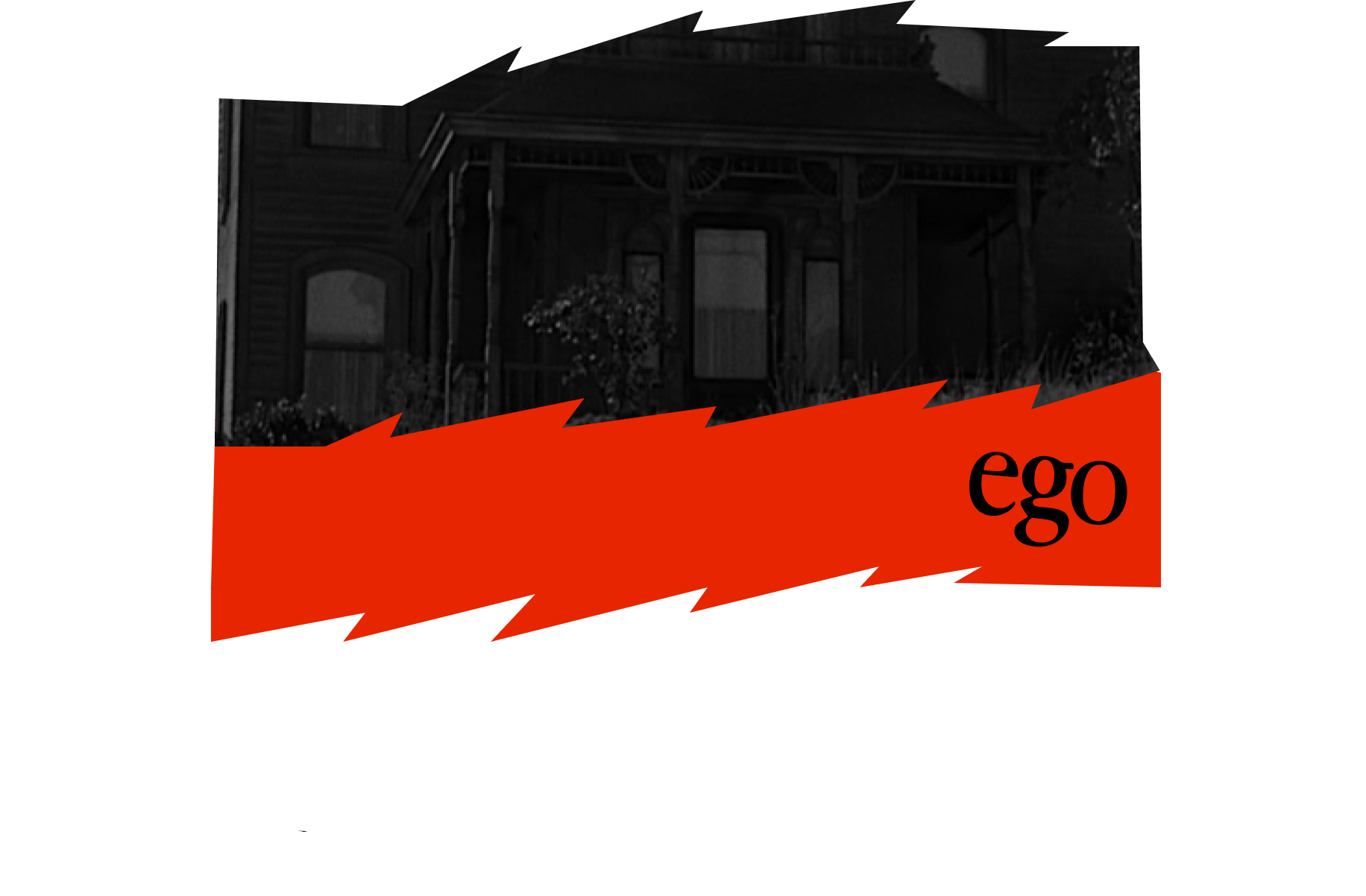
The descent into the basement at the end of the film symbolizes the complete fusion of the character’s personality with the destructive unconscious

the floor where the hero’s mother lives, she controls all aspects of his life
floor 1
ground floor
BAsement

ЭТАЖИ ПОДсознания
Психо углубляется в психологические темы, исследуя темные и подсознательные аспекты человеческого разума. Фильм затрагивает такие фрейдистские концепции как Эдипов комплекс, вытеснение и раздвоение личности.
Его исследование психических заболеваний и размытой грани между здравомыслием и безумием нашло отклик у зрителей и привнесло психологическую глубину в мейнстримное кино.



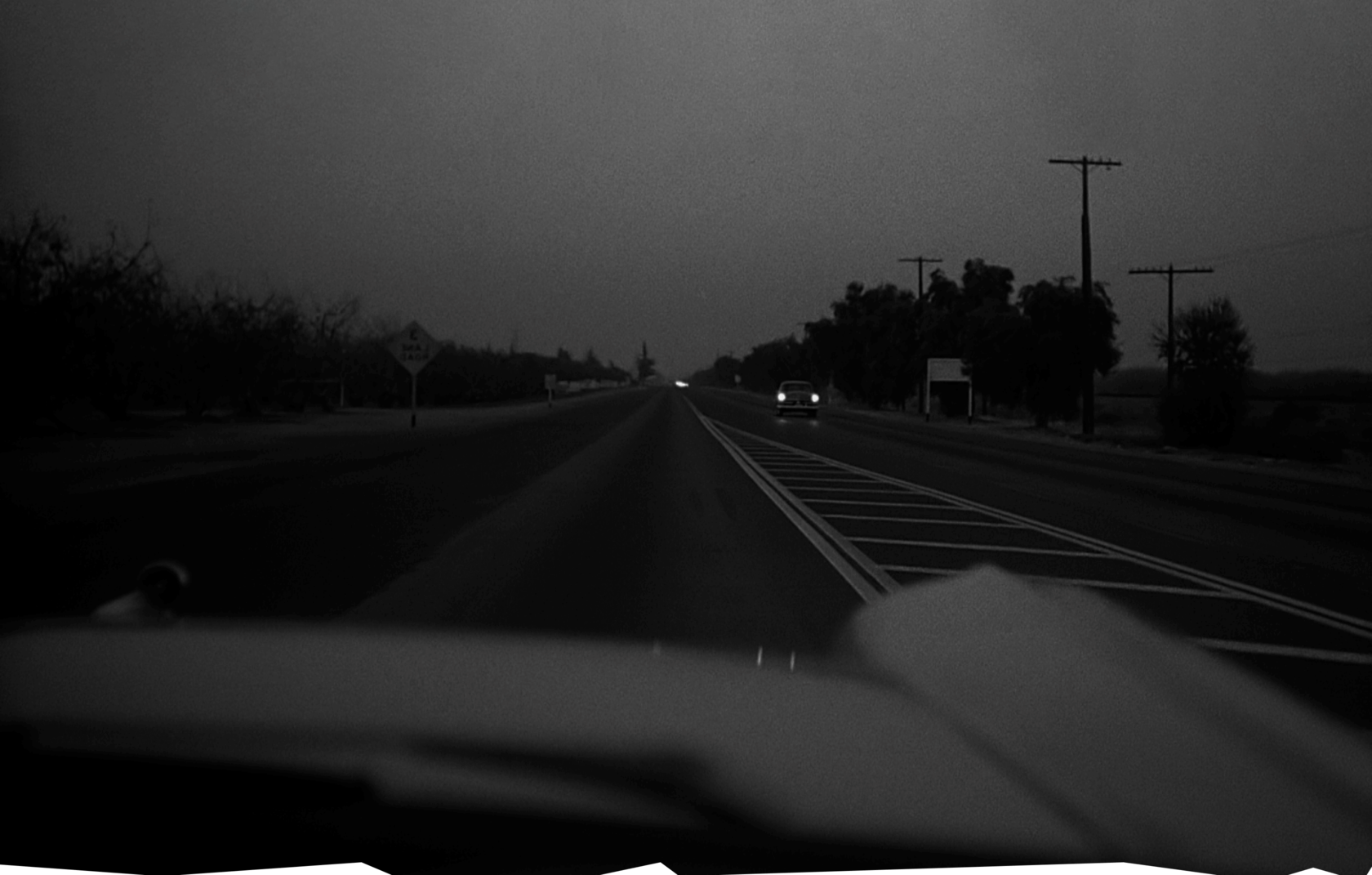
SOUND OF SUSPENSE
Hitchcock himself once admitted that 33% of the success of the film is the merit of the composer Bernard Herrman. His compositions in many ways created the very "suspense" (a state of anxious expectation), which is considered Hitchcock landmark technique.

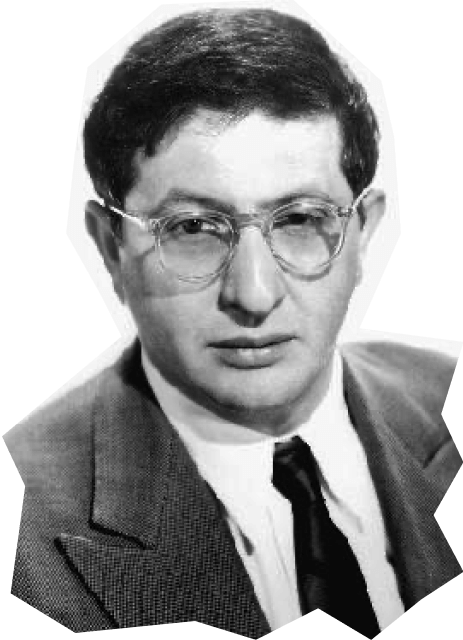
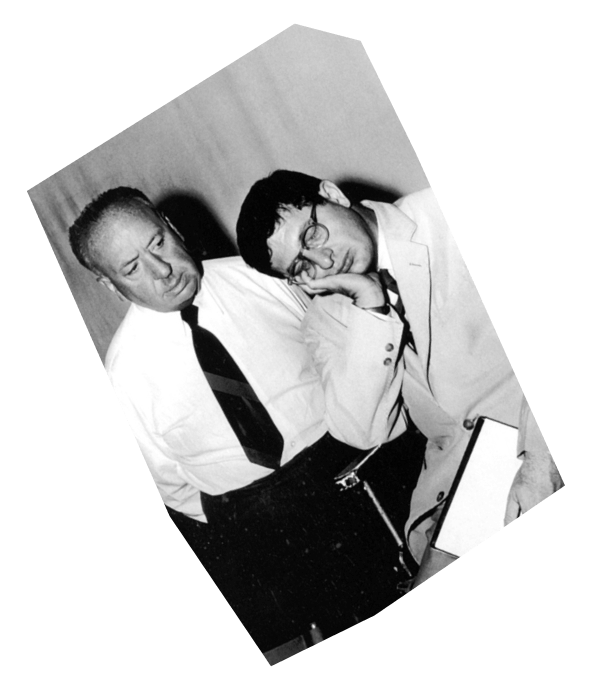
Bernard Herrman

Psycho Suite
After completing the production of the film realizing the significant contribution of Herrmann to the picture, Hitchcock doubled his fee.
After completing the production of the
film realizing the significant contribution of Herrman to the picture, Hitchcock doubled his fee


Better NEVER than LATE
It may seem unbelievable, but by the end of the 60s there was no usual movie showtimes for which tickets were bought in advance. As a rule, the audience came to the cinema and bought a ticket for what is being shown now. And they were going to a movie that could have already started or be half-shown.
Hitchcock’s approach to showing Psycho in cinemas has largely shaped the way we watch movies now
Hitchcock made a deal with the owners of cinemas that after the start of the session, no one had the right to enter the cinema hall, "not even the President of the United States or the Queen of England." Otherwise, a well-thought-out narrative with unpredictable plot twists simply does not make sense.
Film distributors resisted, but in the end such a move created a real stir around the premiere. People bought tickets in advance and specifically wanted to see Psycho. This turned the usual understanding of going to the cinema upside down.

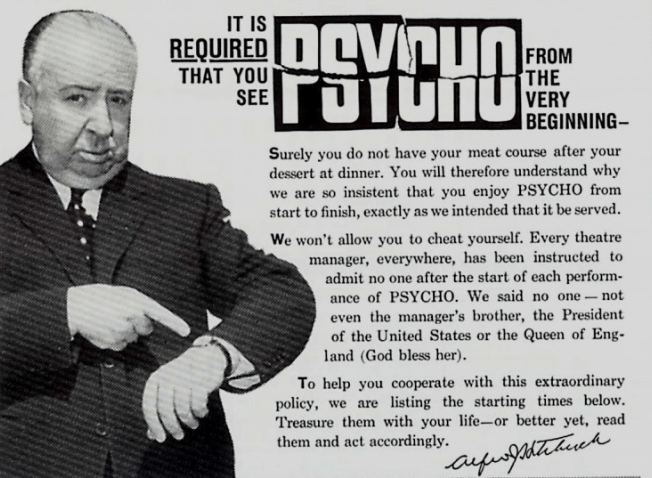
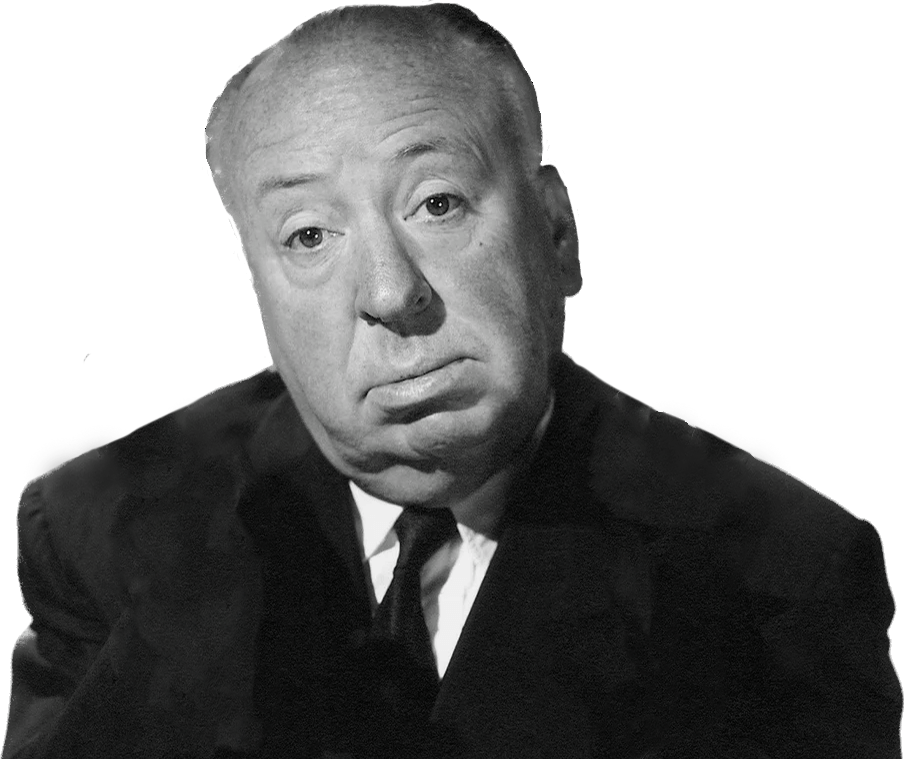


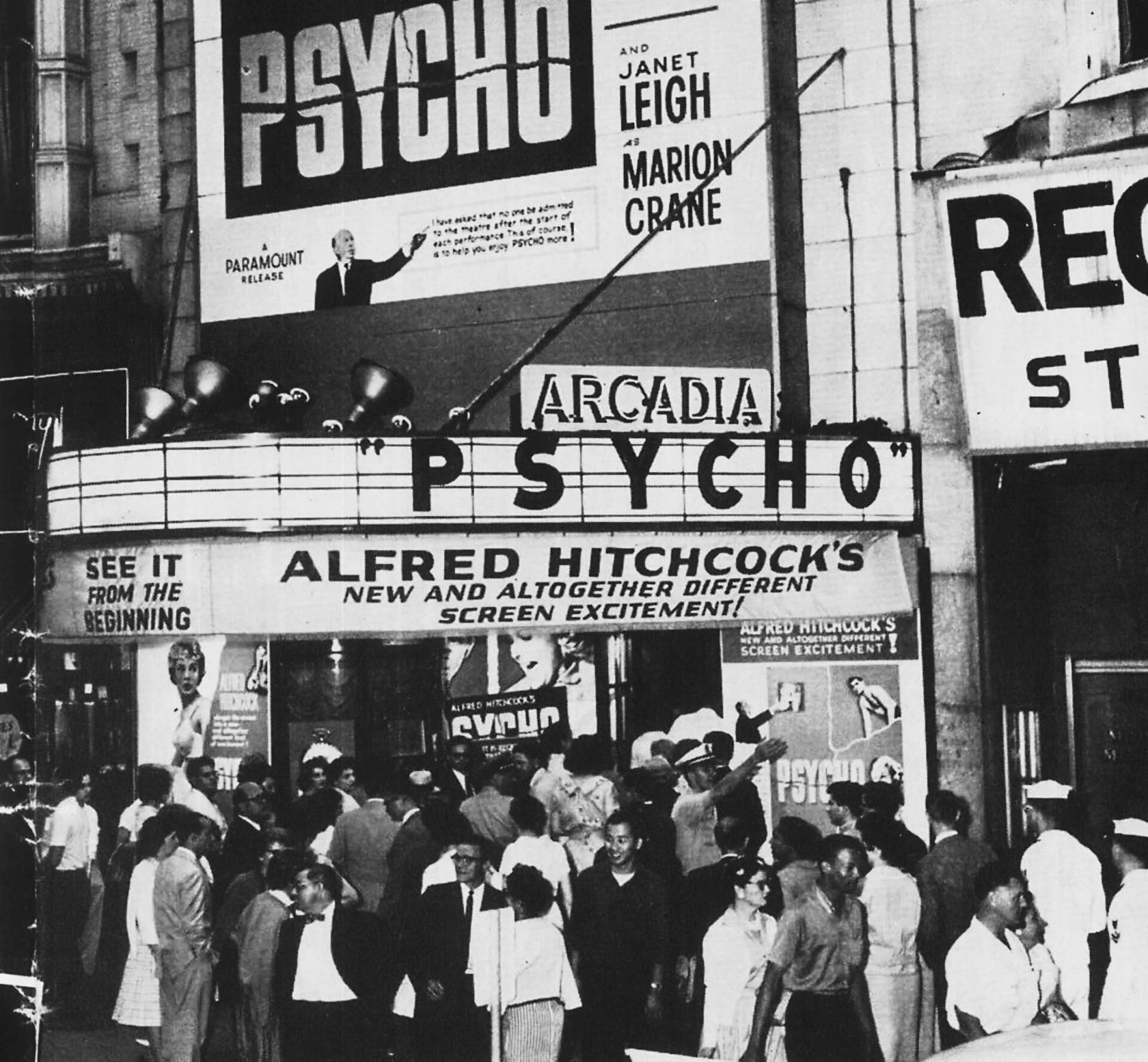


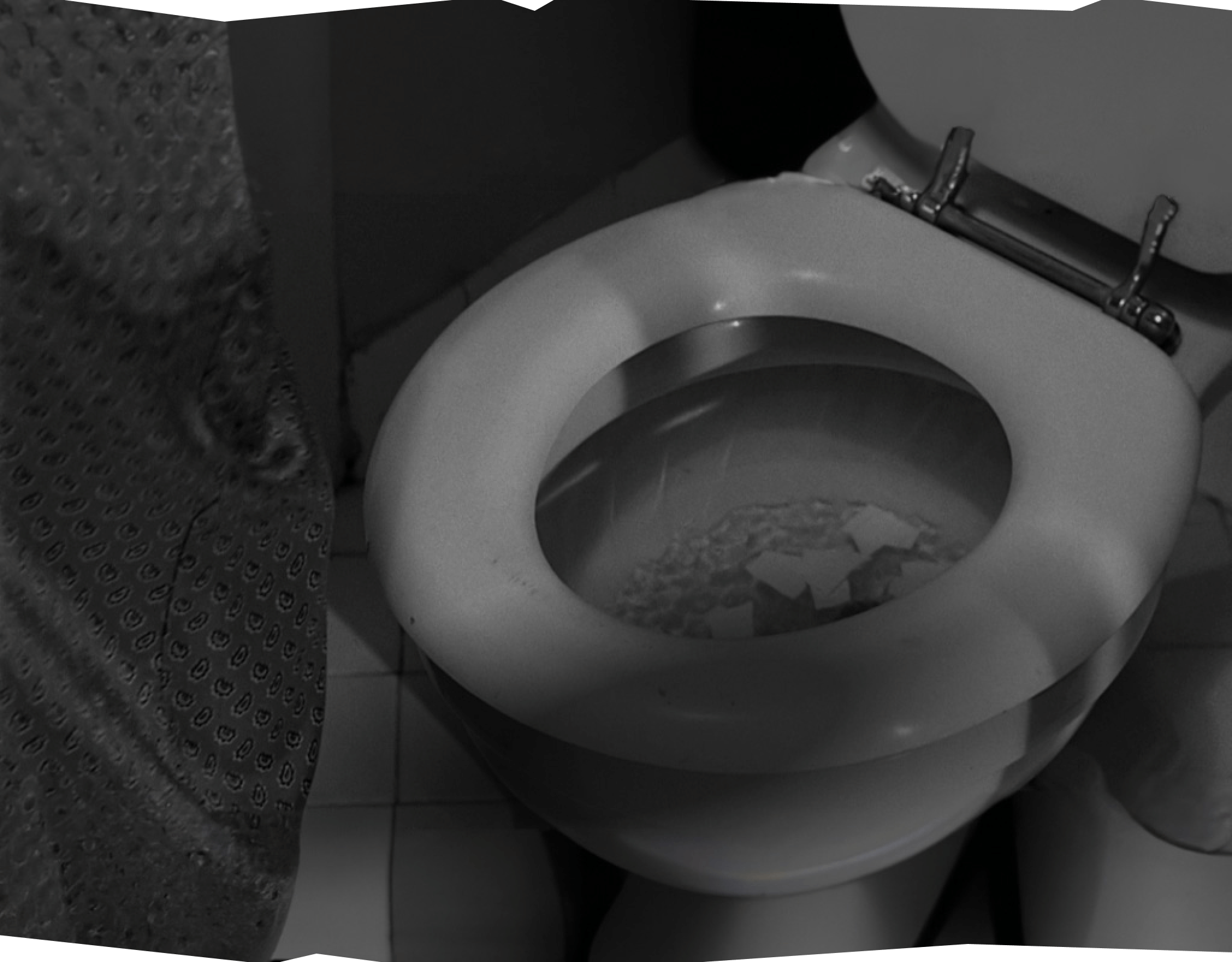
Auteur Cinema vs Genre Cinema
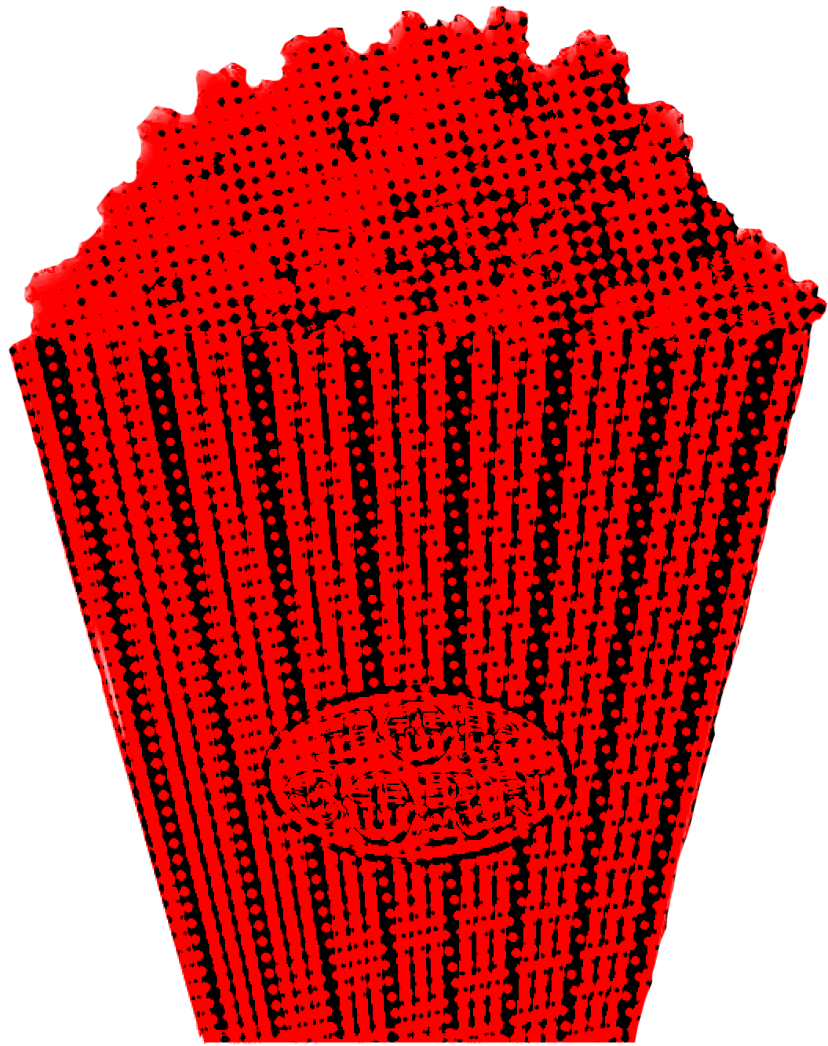
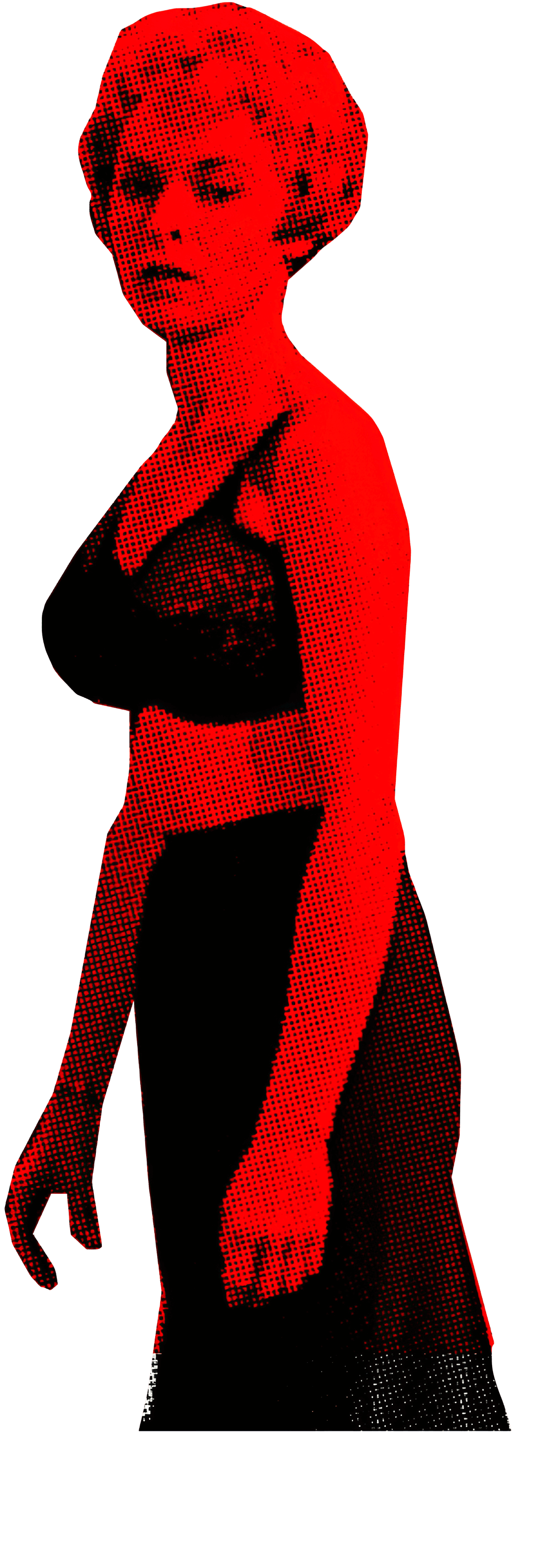
At the time of the release of Psycho, Hitchcock was already considered a master of the thriller genre. Using his worldwide authority, he brought his author’s vision to the mass genre, which was considered purely commercial, and also expanded the scope of what was allowed to be shown in cinema, challenging traditional moral foundations.


Scenes with intimate content, depiction of violence, and especially the shot with a toilet flush were not permissible for screening
Hitchcock erased the line between mass and author’s cinema, creating pictures in the popular genre
but making unpopular decisions that subsequently changed the industry
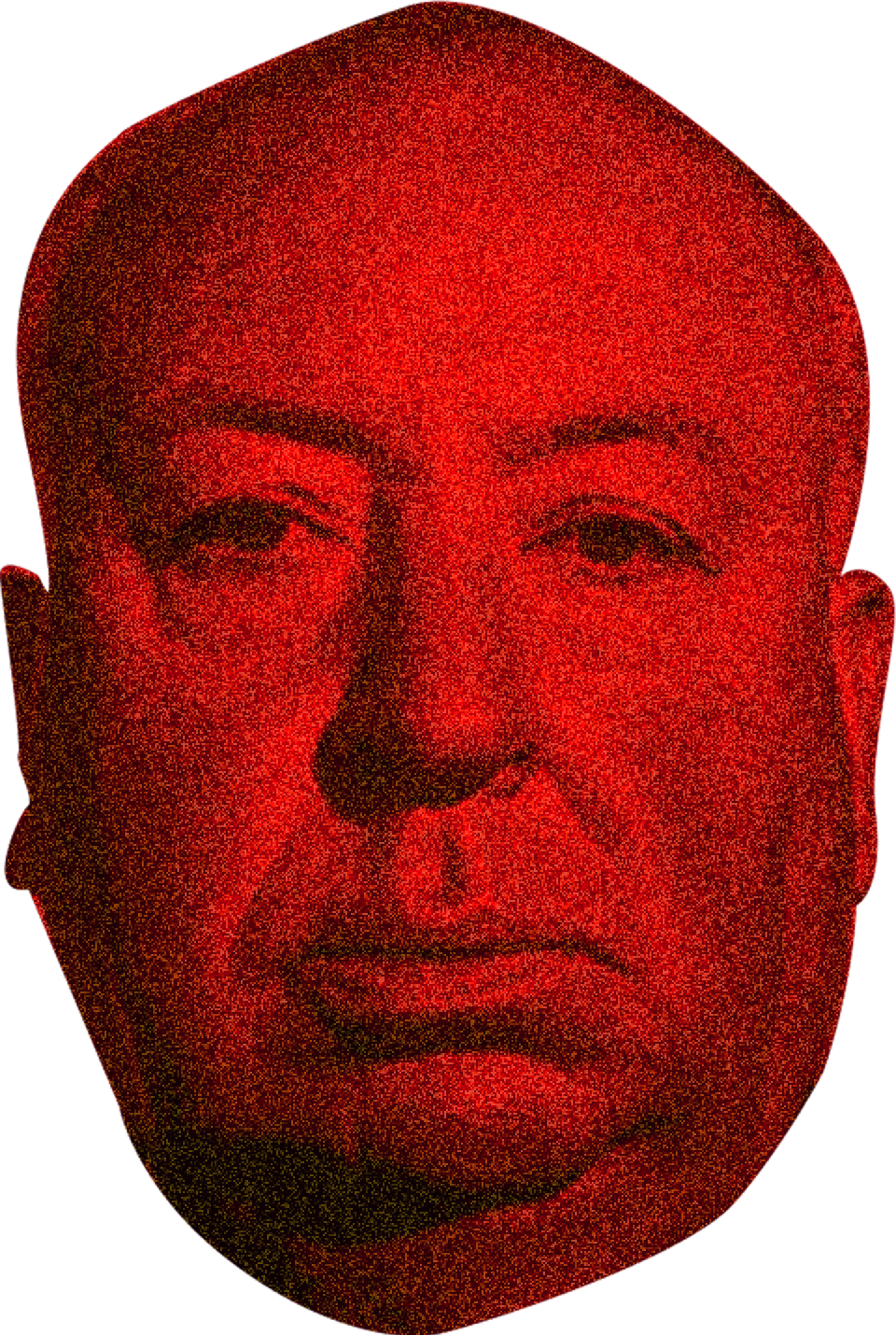





Let's create suspense together
The page was developed as part of the course on web design sasha-sasha.ru for non-commercial purposes.
Author: Anastasia Voloshkina

